Unlocking the Potential of Vitamin C Against Cancer
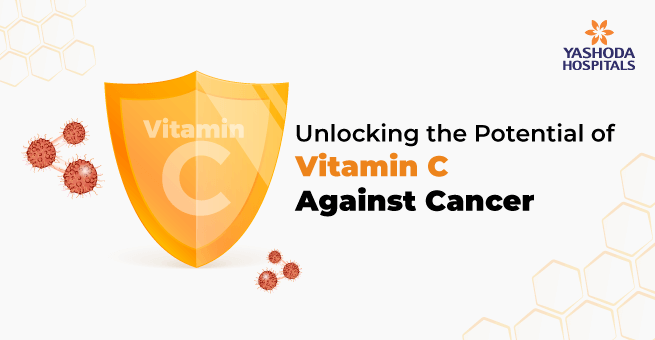
What is Cancer?
Cancer, a global challenge affecting millions worldwide, requires continuous evolution in the field of oncology. Exploring innovative approaches is essential in combating this intricate group of diseases.One of these approaches is the potential use of high-dose Vitamin C, also known as ascorbic acid, as a complementary therapy for traditional cancer treatments. Researchers are investigating the potential role of Vitamin C in cancer treatment, including its ability to complement chemotherapy and radiation therapy while minimizing treatment side effects. Some preliminary studies do indicate potential benefits in combining high-dose IV vitamin C with standard cancer treatments.
Cancer is marked by uncontrolled cell growth and proliferation, presenting a major threat to human health. With numerous types and stages, each carrying distinct complexities, cancer treatment becomes a challenging journey for both patients and healthcare providers.
How Can an Antioxidant Help Battle Cancer?
Antioxidants are molecules that play a critical role in protecting our cells from damage. They work by neutralizing harmful substances known as free radicals, which can cause oxidative stress and damage to cells.
Concerned about the rising cancer risks in adults and curious about how Vitamin C may impact this?
Vitamin C: A Potent Antioxidant and Anti-Cancer Vitamin
Among the array of antioxidants found in nature, Vitamin C stands out as a well-known and essential nutrient. We often associate it with citrus fruits like oranges and lemons, but it is also found in various other fruits and vegetables. To maintain good health, it is advisable to have a daily intake of Vitamin C to ensure proper bodily function and prevent illnesses.
The recommended daily intake is around 65-90 milligrams for adults, but consult your healthcare provider for personalized guidance. Cancer treatment should be evidence-based and determined by an oncologist.
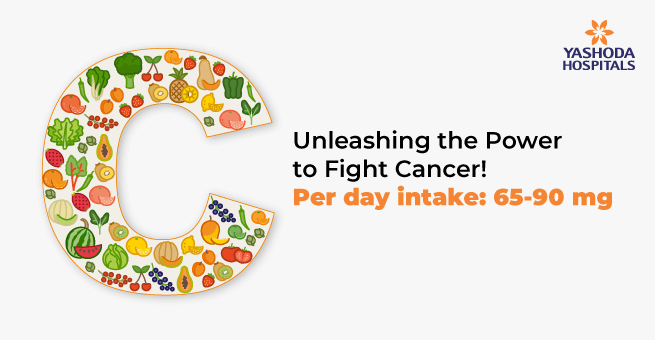
High-Dose Vitamin C for Cancer Treatment
In recent years, one exciting area of research involves high-dose Vitamin C as a potential cancer treatment. This approach involves administering Vitamin C in much higher quantities than what’s obtained through a regular diet or standard supplements. Scientists are exploring whether these increased Vitamin C levels can effectively combat cancer due to its two primary mechanisms: Antioxidative Properties and Immune System Support.
- Antioxidative Properties: Cancer cells are notorious for their high levels of free radicals, which damage healthy cells. Vitamin C, with its antioxidant properties, steps in as a guardian, neutralizing these free radicals and shielding healthy cells from harm.
- Immune System Support: Cancer cells can be elusive, often evading the immune system. High-dose Vitamin C has the ability to boost certain immune cells, making them more effective at locating and attacking cancer cells.
But, Vitamin C overdose symptoms can include digestive problems (like diarrhea and nausea), kidney stone risk, gastrointestinal discomfort, interference with iron absorption, test result inaccuracies, and, rarely, allergic reactions. If you suspect an overdose, seek medical help.
Vitamin C as a Complementary Treatment
High-dose Vitamin C can do more than just fight cancer on its own. Research findings have suggested that when used in conjunction with traditional treatments like chemotherapy and radiation therapy, it amplifies the effects of these therapies. This synergy can lead not only to improved cancer-killing effects but also to reduced side effects for patients undergoing treatment.
Important Considerations
- High-dose Vitamin C treatments are not widely available in clinical settings, and further research is needed to validate their efficacy and optimal administration methods.
- Taking high doses of Vitamin C supplements can lead to side effects and interactions with other medications.
- Always consult with your healthcare provider before pursuing any treatment.
Though more research is needed to fully understand its mechanisms and the best ways to utilize it, current studies offer hope and encouragement. It’s a potential avenue worth exploring, but always in consultation with your healthcare provider.
Embracing Innovation in the Fight Against Cancer

As we navigate the challenging terrain of cancer treatment, it’s essential to remain open to innovative approaches and emerging research. The journey towards effective cancer treatment is ongoing, and Vitamin C’s role in this battle continues to be a topic of exploration and promise.
We invite you to share your thoughts, questions, or experiences related to cancer treatment and Vitamin C in the live chat below. Together, we can further the dialogue and contribute to the ongoing fight against cancer.
References:
- Antioxidants Vitamin C for the Prevention and Treatment of Cancer
https://onlinelibrary.wiley.com/doi/full/10.1111/j.1525-1497.2006.00483.x - Vitamin C. https://ods.od.nih.gov/factsheets/VitaminC-HealthProfessional/
- Intravenous Vitamin C for Cancer Therapy
https://doi.org/10.3389/fphys.2018.01182 - Phase I evaluation in patients with metastatic pancreatic cancer.
https://doi.org/10.1371/journal.pone.0029794 - Vitamin C could give chemo a boost https://www.sciencenews.org/article/vitamin-c-could-give-chemo-boost
- Pharmacokinetics of vitamin C https://doi.org/10.1038/sj.ejcn.1602657
About Author –





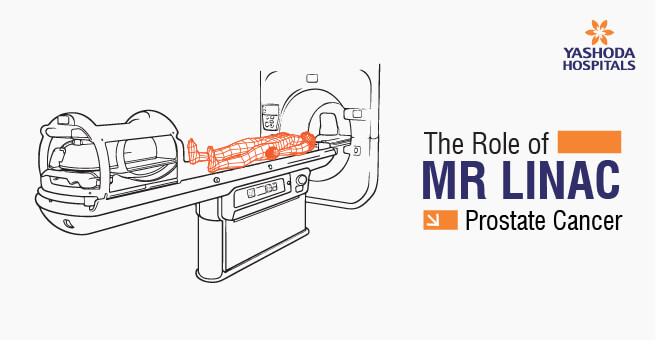
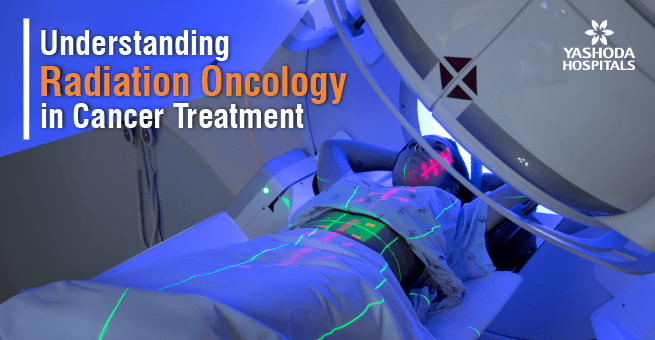

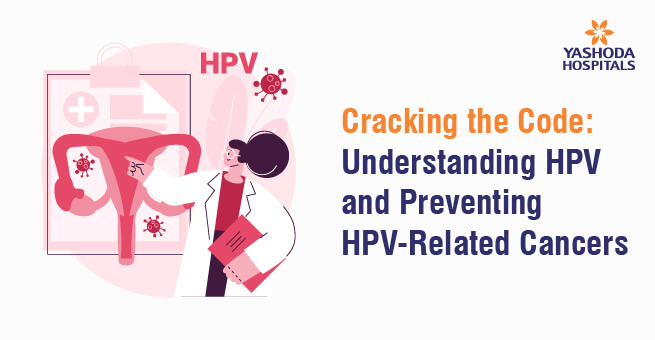
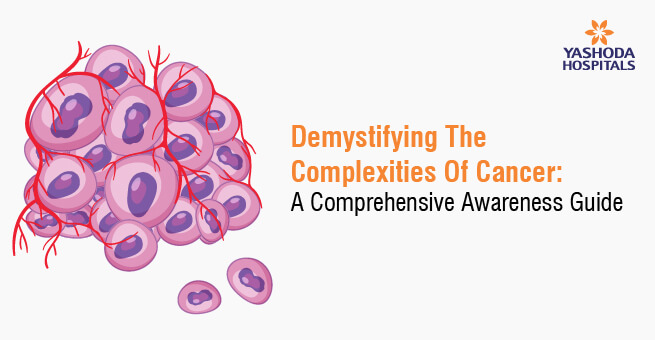
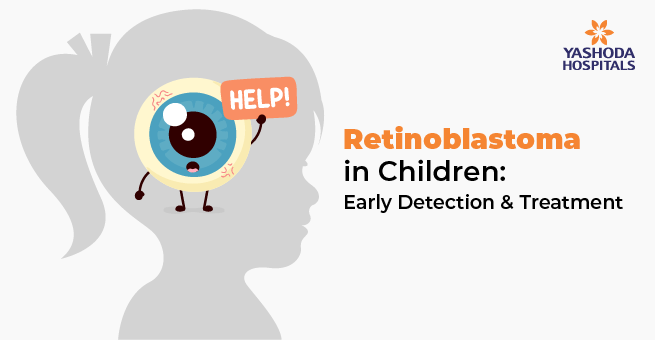
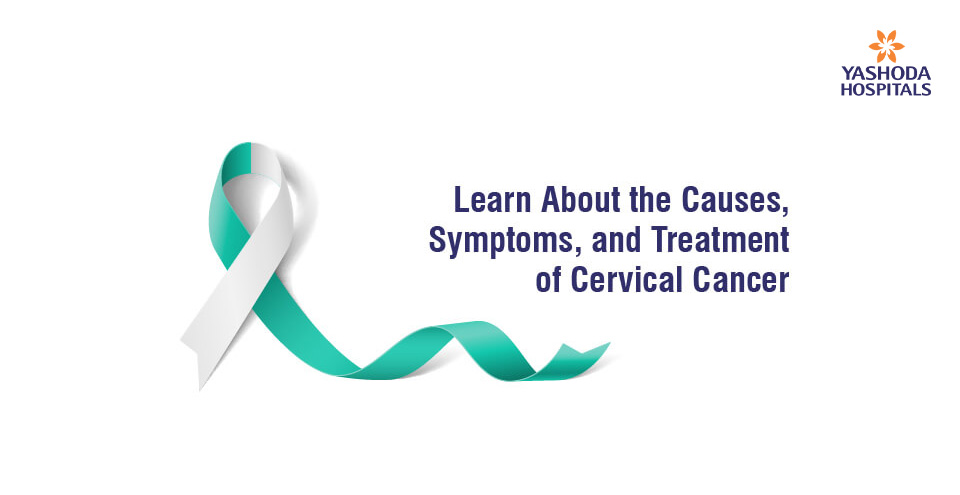
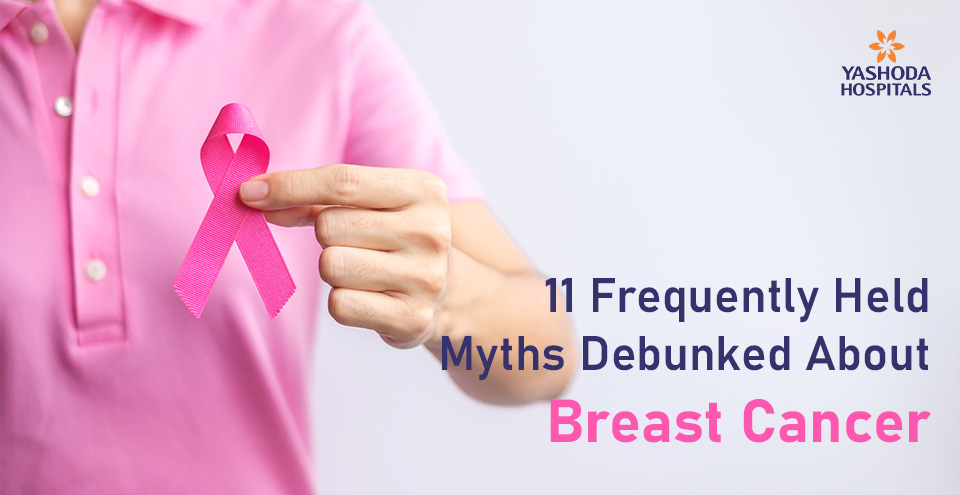
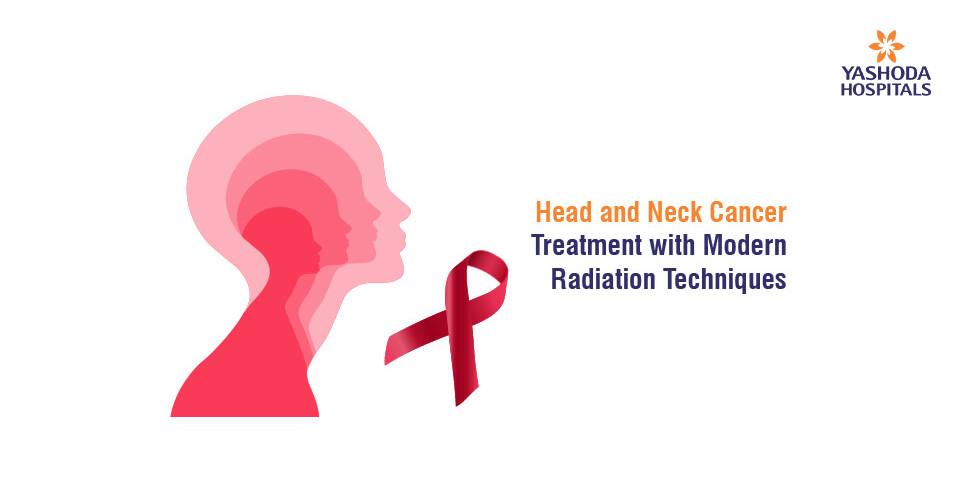



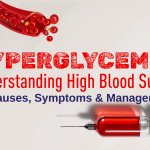


 Appointment
Appointment WhatsApp
WhatsApp Call
Call More
More

